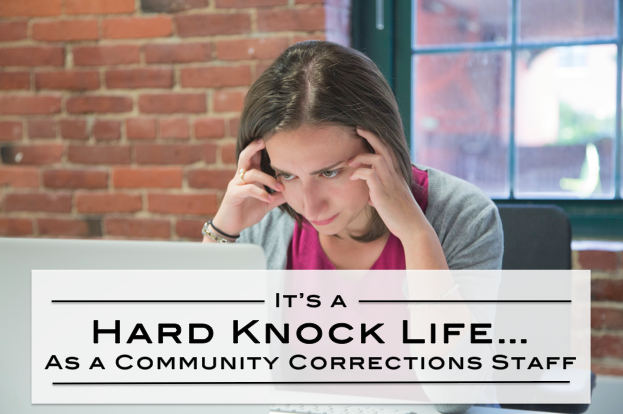The unsung hero: the community corrections employee.
As Coordinator of Staff Development, I develop trainings for both new and existing staff to help develop them in their positions. These trainings include topics such as developing positive relationships, establishing good boundaries, the spirit of motivational interviewing, leadership, as well as how to complete job duties in CorrectTech community corrections software. I enjoy this because I remain a part of what I consider to be extremely important work. I also take pleasure from training because I remain up to date and knowledgeable about current community based corrections staff responsibilities and needs. I work with supervisors to understand their current operations, stressors and motivators. I get to do on-going trainings with active staff and see how they are developing in their role.







